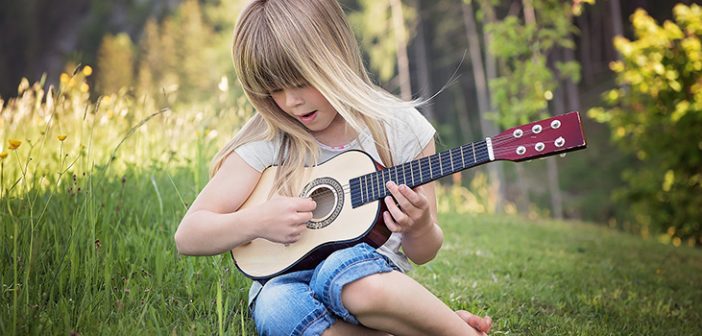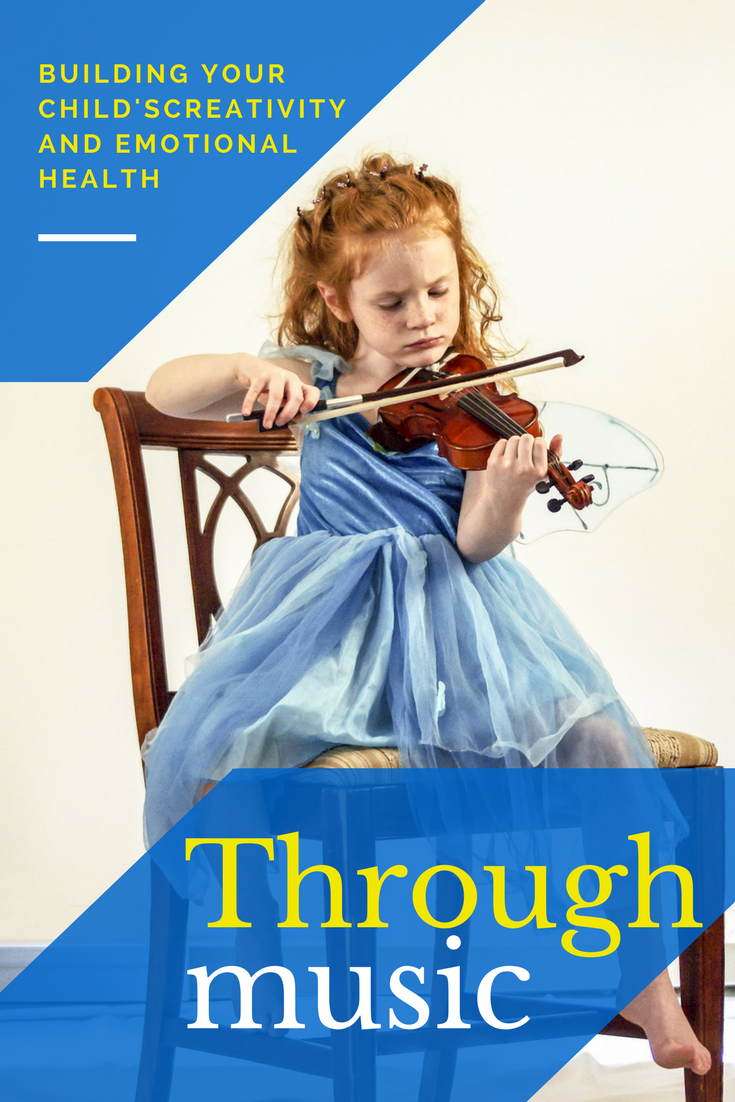Perhaps you’ve seen studies showing the mental and physical benefits of music education. But did you know that there are many emotional benefits as well? We’ve partnered with Hoffman Academy to share some of our favorite ways that music builds creativity and emotional health in children.
Creativity Skills in Music Education – As children move from attentive listeners to beginning performers, they begin to express more and more self-expression. They learn how to adapt work from their favorite composers or genres to adapt their own styles. Not only does this build their self-esteem as they accomplish difficult works, but they can express their thoughts and emotions through what is essentially a different language – music.
Improved Happiness Levels – Students who were studying music self-reported more positive emotions like optimism, joy, friendliness, etc. after sessions of listening to or working with music. These positive emotions were reported as enhanced if they were already feeling positive emotions, or said to have a change of mood if negative feelings were previously present. Of course, this is no surprise to any musician, but it’s nice to see these findings beginning to be quantified.
Physiological Responses – Since music can lower blood pressure, increase dopamine levels, and decreases feelings of distress, it’s beneficial to many. It can actually improve recovery times after illness or surgery. And of course, if someone is feeling anxious or even having difficulty sleeping, music can have a profound effect.
Unique Brain Patterns – A fascinating study done by musician and mathematician Parag Chordia, showed with MRIs how improvisation uses the brain in a different and unique way than rote memorization performance. Music is a brilliant way of practicing these improvisational techniques which are also used in innovation skills needed for breakthroughs in higher maths and sciences.
Group Communication Skills – Communicating in a group for performing with multiple friends, takes a different set of skills than solo performances. Your child has to learn a different level of give and take, as well as adapting his own preferences to the rest of the group when working in this way.
Learn more about many benefits of music education and studying music at Hoffman Academy and sign up as part of the free community for learning resources!







I love this! Still to this day I am a big fan of music in so many ways. I love all kinds of music, too. Great article!